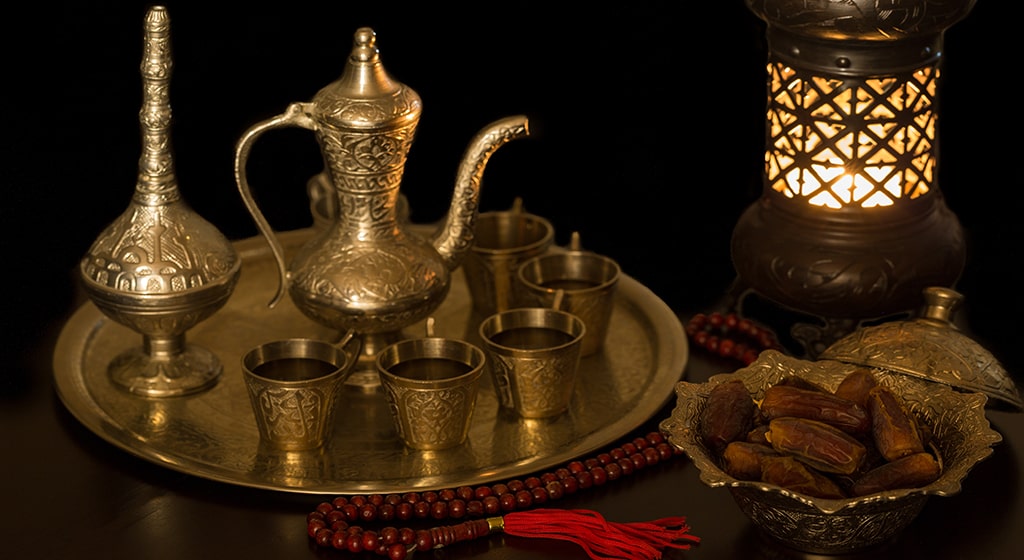
Six Things to Know About Muslims Holy Month
Ramadan month is the longest holy month of Muslims which allows fasting for 29 or 30 days in a row in which all the Muslims around the globe gear up for observing fast from dawn to dusk.
The word “Ramadan” itself is taken from the Arabic word,“ramad,” an adjective describing something scorching dry or intensely heated by the sun.
There are six things about this special month to know about this holiness that makes the rules of Ramadan month challenging comparative to other eleven months.
What do Muslims do in Ramadan Month?
Ramadan month is the most observed period of fasting and praying for Muslims.
This month is seen physically and spiritually purifies form worldly pleasures by fasting which is the fifth Islamic pillar. It is the testimony of faith, doing an act of charity and performing the pilgrimage.
What is the Main purpose of Fasting?
In order to keep a fast, all Muslims abstain from eating and drinking an entire month and from other bad habits like smoking, bad-mouthing, quarreling and other physical relations that are forbidden which leads to its three elements.
- First is to train you for appreciating blessings of Allah
- Second is to restrict you from temptations
- The third is to get in the shoe and show sympathy for poor.
Why is it called the month of Revelation?
Its significance lies in the holy fact that it is believed to be a month in which the holy book ‘Quran’ was revealed to Prophet Muhammad during the last ten days of Ramadan month.
(Laylat al Qadr the Night of Decree) is the name given to the night in which Quran was revealed. In one of the last ten nights of Ramadan month, Muslims pray immensely to seek utmost forgiveness of Allah.
How Muslims Break Fast?
In the light of Sunnah, Muslims break their fast with a sip of water and some dates by following a thousand years old ritual. After that, they do ‘Iftar’ with a large feast of meals with either family or friends. Even free iftar meals are served sometimes in the form of organizing charitable events for the less privileged.
Exceptions from Fasting
Islam is not a forced religion, therefore, it offers some wide exceptions to people who cannot fast during these situations which includes small children, old-aged who are ill, pregnant women, travelers, athletes during tournaments. It is strictly warned against eating in public saying this is not an act of “personal freedom, but chaos — an assault on Islam.”
How is the end of Ramadan Month marked?
The month of obligatory worship is marked end through celebrating three days’ holidays called Eid-al-Fitr in which Muslims wear new clothes, exchange gifts, and eat special dishes to enjoy all the temptations which they didn’t during the month and as a gift of Allah.
